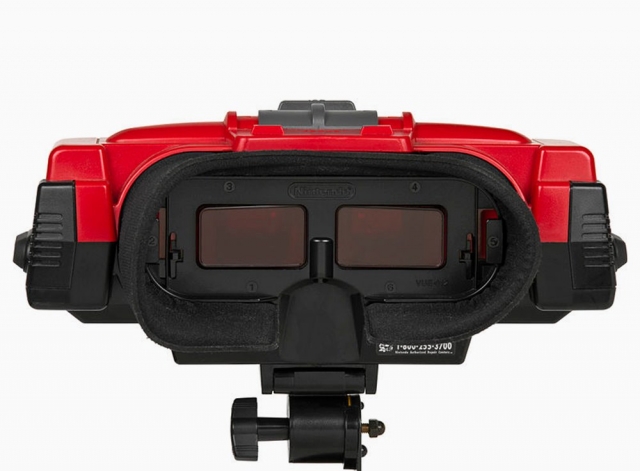 AD
AD
A Brief History of Virtual Reality
Gaming has changed dramatically over the last few decades. They called the early 80s the golden era of gaming. With Space Invaders and PAC-MAN, Donkey Kong and Frogger; it was thought to be an era which never to be beaten. But how wrong they were.
Today, gaming is more realistic than ever before, with some footage even being confused with real life when it comes to football games especially. Virtual reality certainly isn’t going to make things easier to distinguish!
Every year at CES we’re blessed with further technological advances to get us excited, and boy have they delivered again and again. As we get closer to 2020 (or “the future”), we’re noticing more and more releases which could transform gaming once more.

With a growing selection of VR headsets, from giants such as HTC, Oculus and even Microsoft, the future certainly looks bright for the field. Plenty of companies have expressed great interest in the business opportunities that lay ahead. For example some software companies are already developing solutions for the gambling industry and in particular some of the most popular online casinos to play Blackjack. VR is expected to be a huge hit in the coming decade disrupting the current trends in online gambling.
Back in the first golden era of gaming, VR was sent out into the world and to be blunt, it nose-dived quicker than the ET game – which had as many as 700,00 copies buried in a landfill in New Mexico. Unfortunately, Sega cancelled their arcade cabinets in 1991 for apparently being ‘too realistic’. That was unlikely, particularly with the poor processors of the time. 1994s Virtual Boy from Nintendo suffered a similar fate when it caused yet more disappointment.

It took until 2013 for things to turn around and tell a different story, when CES welcomed Oculus Rift that year, and there’s been huge anticipation for the return of virtual reality ever since - in fact, so much so that Facebook bought Oculus for $2 billion.
More companies followed on Oculus’ coat tails, with Sony and Google entering the fold with Project Morpheus and Magic Leap respectively, and HTC unveiling the Vive in 2015.
Of course, price was quickly deemed an issue, and so several companies such as Samsung filed in to create headsets that used your smartphone to display VR. You’ll never get the resolution you will with a more specialised headset, but you can’t argue with the results when it comes to some games such as Project CARS or House of the Dying Sun.
But perhaps the future (that elusive 2020?) will see more of a middle ground? Affordable, and with a quality that won’t make you squint to read text. Or maybe this whole endeavour will be buried under New Mexico, and be met with a gentle shake of the head until it’s dug up in 31 years time.









COMMENTS